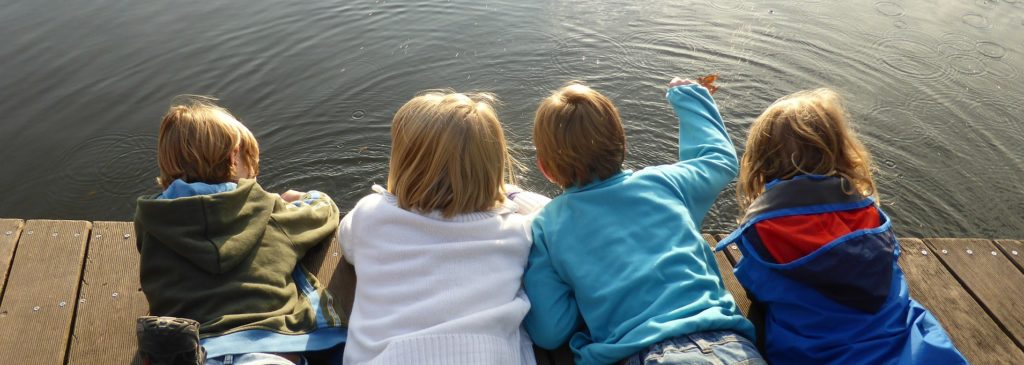- Aligns with Ohio SUTQ content standards in:
- Social-Emotional Development
- Approaches Toward Learning
- Cognitive Development and General Knowledge
- 3 hours
- OA-L2
Participants will understand their role as Early Childhood Professionals in helping families and children during stages of gender development and identity. Participants will review theories of gender development, the stages of gender development, and how to provide support to children as their identity emerges. Participants will understand that this is a time for children’s exploration, and children have many questions about who is a boy and who is a girl, which is developmentally appropriate. Participants will receive information to share with families, which will help them through this stage of development.


